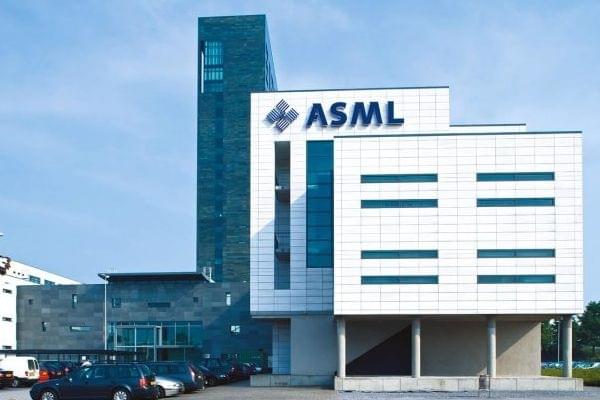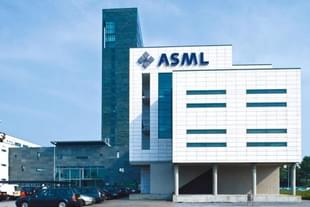News Brief
Big Blow To China's Semiconductor Ambitions As Netherland Restricts Export Of ASML's Advanced DUV, EUV Chipmaking Equipments
Swarajya Staff
Mar 21, 2023, 05:15 PM | Updated Mar 22, 2023, 01:33 PM IST
Save & read from anywhere!
Bookmark stories for easy access on any device or the Swarajya app.


The Netherlands plans to restrict further export of chip manufacturing equipment to China.
The decision comes amid efforts by the U.S. to persuade its allies to join its effort to thwart China's access to semiconductor technology.
Dutch trade minister Liesje Schreinemacher told Nikkei that Hague has decided to include some of the latest models of deep ultraviolet (DUV) lithography tools to its export control list by summer after "doing assessments concerning our national security."
Schreinemacher claimed that export control aims to "prevent Dutch goods from contributing to undesirable end use, such as military deployment or in weapons of mass destruction and the maintenance of Dutch technological leadership."
"Applications for export licenses will be reviewed "on a case-by-case basis, based on these three principles," she added.
The decision will impact the ability of Dutch tech giant ASML to export products to China without a specific export license. The company manufactures highly specialized and sought-after equipment used to produce computer chips.
The Netherlands already has restricted some exports of extreme ultraviolet (EUV) lithography equipment essential for manufacturing advanced semiconductors.
ASML, which enjoys a near monopoly on advanced EUV lithography equipment (Japanese competitors like Canon have a minuscule market share), is a crucial supplier to chip manufacturing giants, including Intel, Samsung Electronics Co. and Taiwan Semiconductor Manufacturing Co (TSMC). It controls over 90% of the $17.1 billion global market for lithography equipment as of 2021.
ASML's EUV-based machines use light to etch ultra-small circuitry on chips, allowing packing more performance into the small slices of the silicon wafer. The machines can emit light with wavelengths one-fifteenth as small as the conventional chipmaking equipment, enabling it to etch finer circuits and thus squeeze more transistors onto a chip. The patterns link together as a single integrated circuit offering computing or memory functions.
Founded in 1984 as a joint venture between the Dutch companies Advanced Semiconductor Materials International (ASMI) and Philips, ASML began working on the EUV system in 1997.
China accounts for 15 per cent of ASML's sales
Chinese Ambassador Tan Jian to the Netherlands has warned that if the Dutch go ahead with their plan to ban ASML from exporting more of its chip machines to China, it will definitely hurt the relationship between the two countries.
China accounts for 15 per cent of ASML's sales, and export restrictions could seriously impede the ambitions of Chinese chip manufacturers. For instance, ASML has sold billions of dollars worth equipments to Semiconductor Manufacturing International Corporation (SMIC), a leading Chinese semiconductor manufacturer.
To achieve semiconductor self-sufficiency, Beijing has long been pursuing an ambitious plan to build a world-class home-grown chip industry to wean itself off imports -- an effort that would need ASML's one-of-a-kind EUV machines.
ASML also invested in chip-related software development in Shenzhen, a Beijing manufacturing facility and a Hong Kong regional headquarters. The company now employs 1,500 people in China. It also has Chinese nationals working at its office in Veldhoven.





